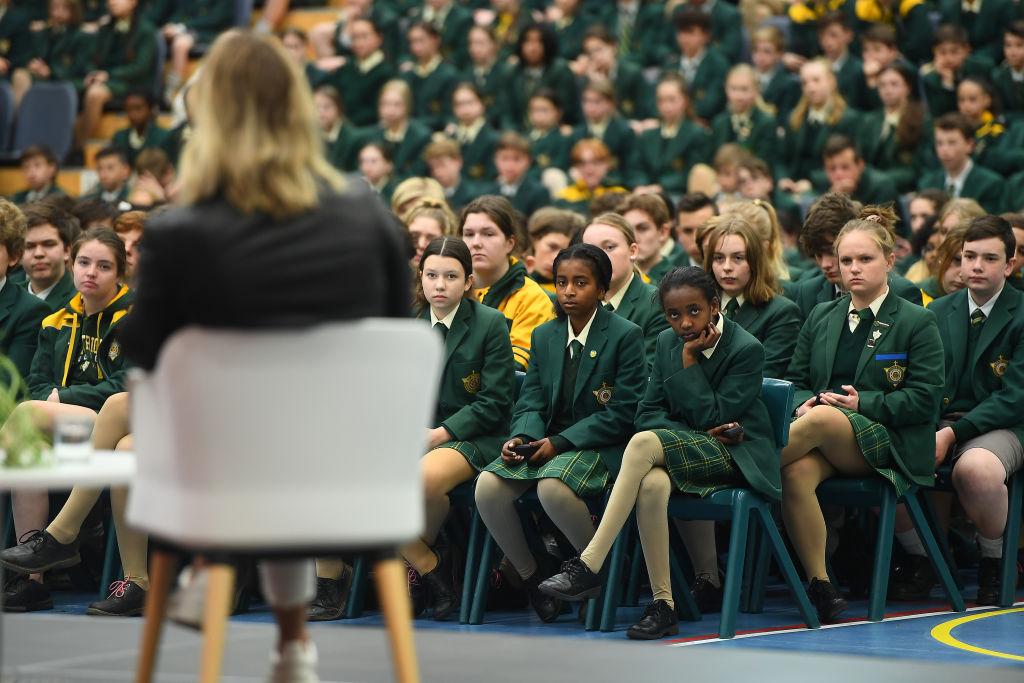As students in Australia’s two biggest cities, Sydney and Melbourne, return to school, a new study is arguing that ATAR concessions and large sums of funding for school tutoring are unnecessary.
In his latest research, Glenn Fahey from the Centre of Independent Studies found an estimated 6 to 14 percent of students likely progressed slower at home, but catch up tutoring was not the answer.





